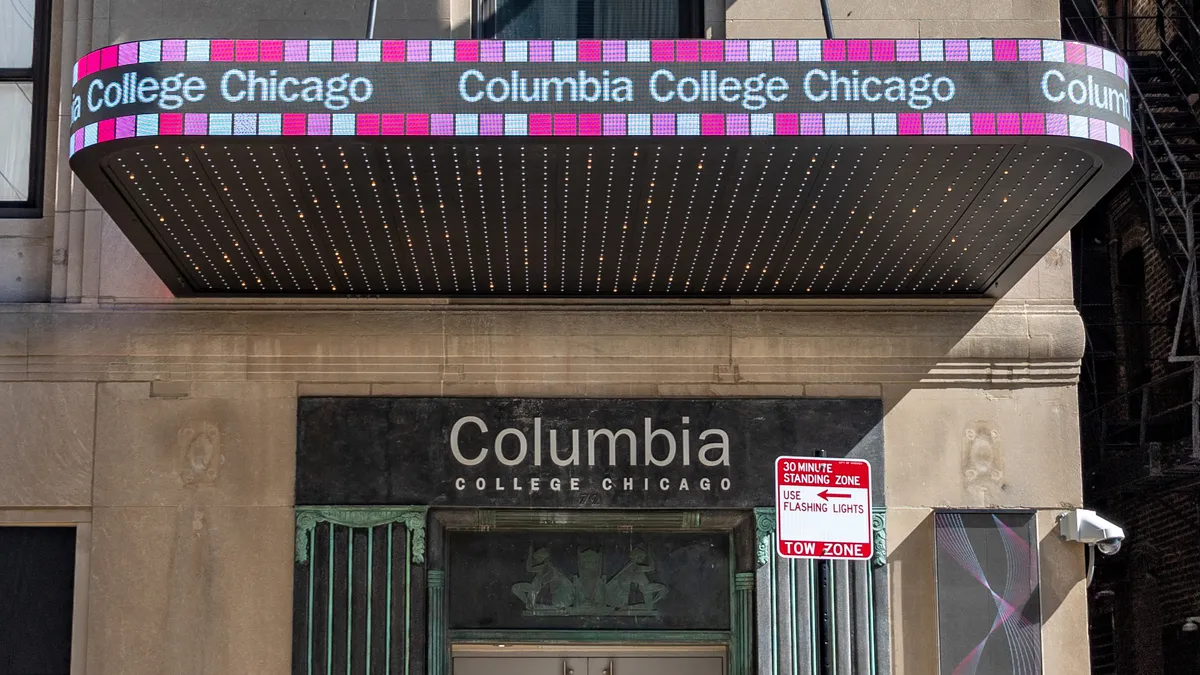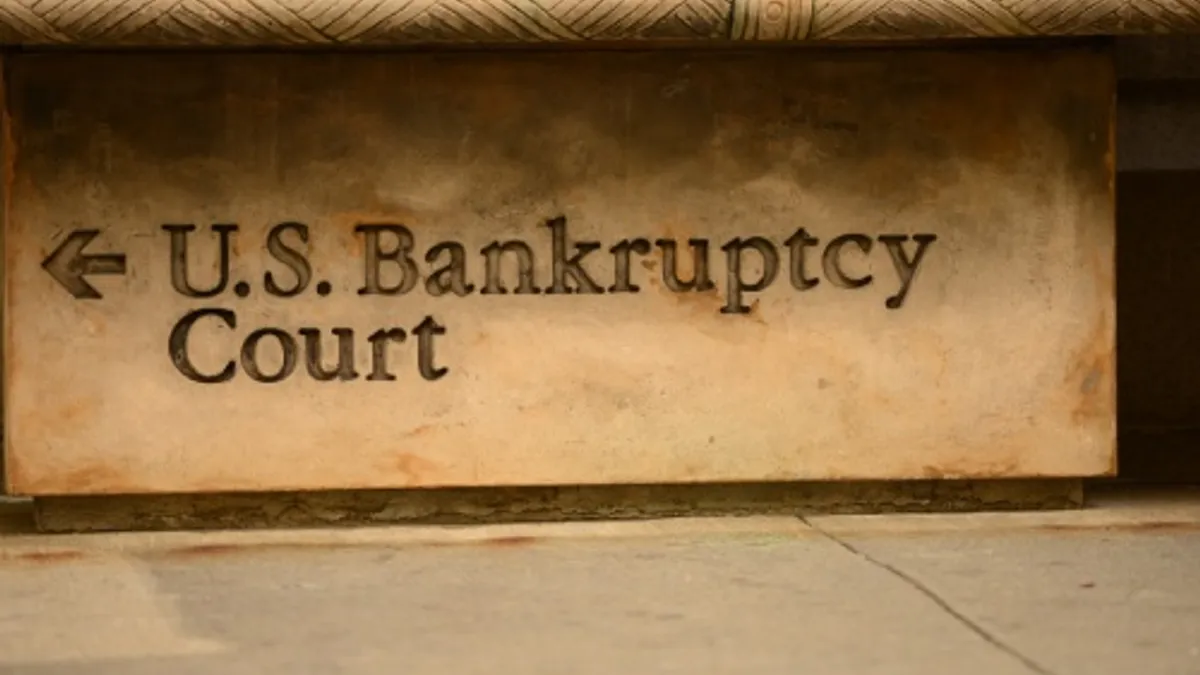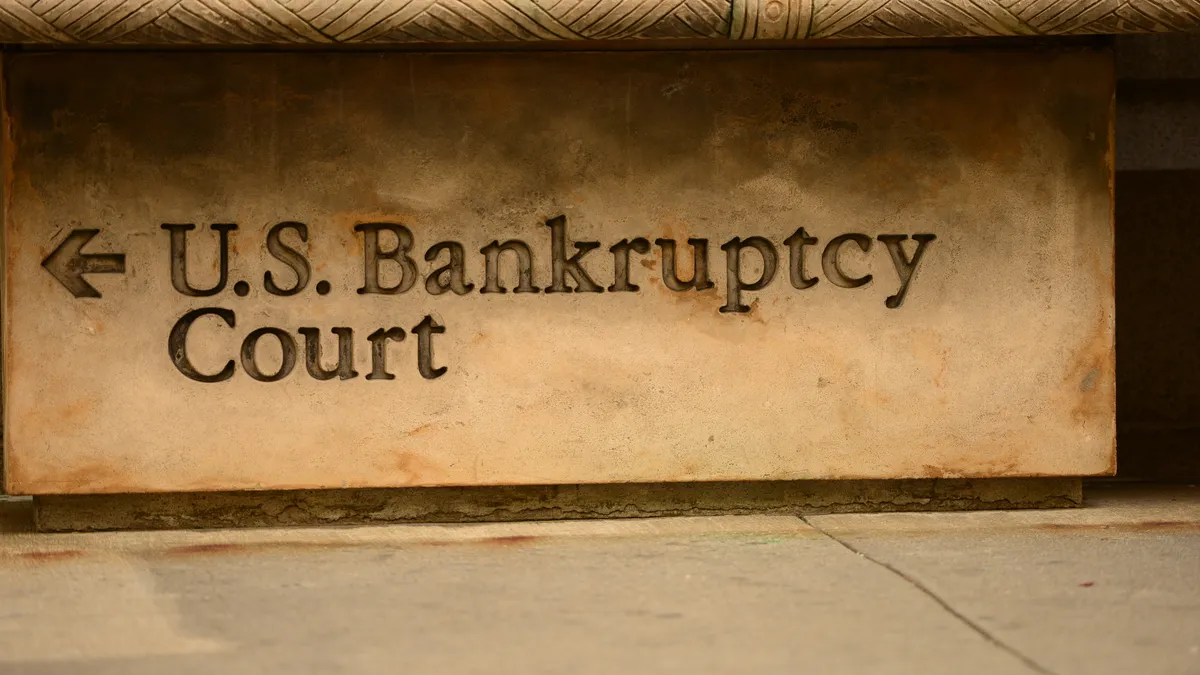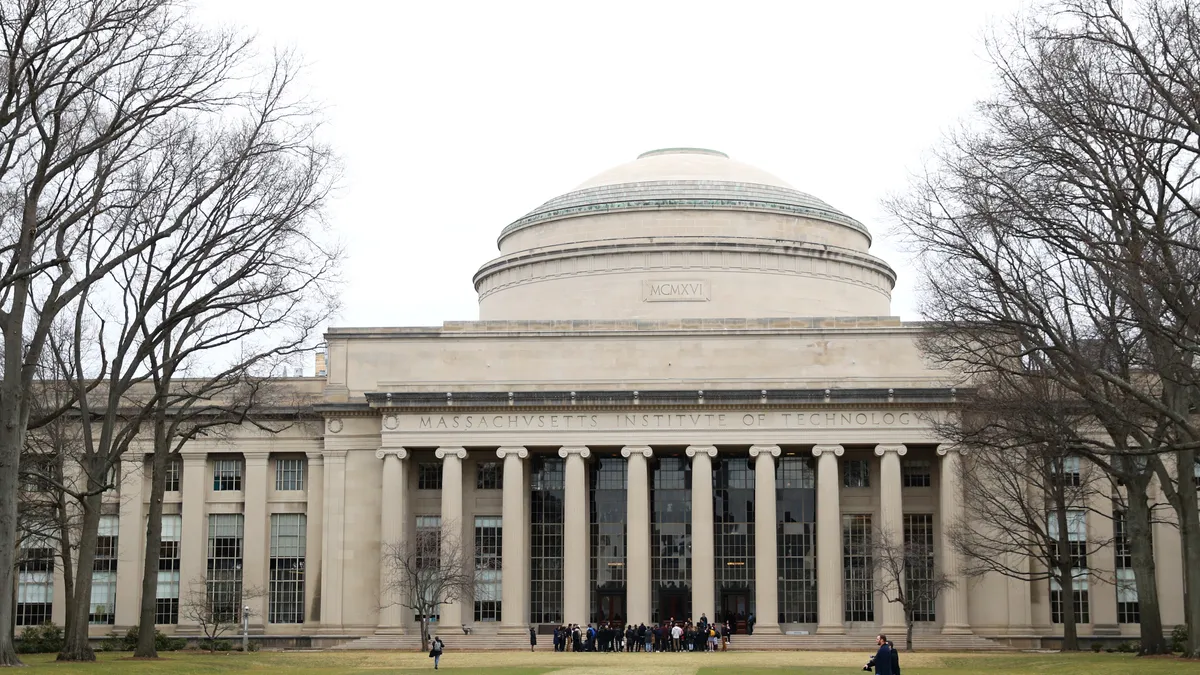Greg Toppo is a longtime education writer and author.
Anyone who crossed their fingers hoping the college fall term would go smoothly received a harsh dose of reality: Despite images of crowded football stadiums and tightly packed convocations, coronavirus variants often made this fall look a lot like last fall.
The rise of cases on campus brought the prospect — yet again — of remote learning.
In August, California State University, Stanislaus, announced it was moving all classes online until Oct. 1. Others, such as Rice University, in Texas, took similarly cautious stances. Meanwhile, Lehigh University, in Pennsylvania, and a few others allowed professors to decide whether or not to move their classes online again in the face of rising case counts.
The changes continued late into the term. In December, Middlebury College, in Vermont, detected a rise in coronavirus cases and decided to transition to remote instruction, including for final exams. The omicron variant is prompting some colleges to start with online instruction when classes begin after the new year.
With the rise of hybrid and remote learning, concerns about cheating may spike, as well. According to recent reports, university officials say academic misconduct cases soared during the 2020-21 school year. At Virginia Commonwealth University, such cases more than tripled, and at the University of Georgia, they more than doubled.
Recently, I researched and wrote a paper commissioned by Course Hero exploring the current environment surrounding academic integrity. I spoke to and read the work of a number of academics who are thinking deeply about cheating. Many now see the disruption of normal academic life not as a crisis to be solved, but as an opportunity to see students in a new light: as users responding to a system that is, at best, struggling to meet their needs.
Rather than simply bemoaning students' cheating, can we see this moment as a chance to rethink assessment?
As an education writer, I've been following this issue for years. While the 100-year history of research on academic integrity has focused almost entirely on student behaviors and "character," a growing number of scholars are now shining a light on institutional factors such as depersonalization and professors' inadequate training in good assessment.
We shouldn't be surprised when in the turmoil of the past year-and-a-half, students who have spent their lives focused on earning better grades find new ways to … earn better grades.

Michael Feldstein, an industry analyst who runs the education technology blog eLiterate, said in a blog post that students who take advantage of courseware help sites, often derided as cheating, have a good, rational reason for doing so: Most instructors aren't trained in how to use and grade homework and assessments properly.
But as the pandemic endures — and the persistence of online learning endures along with it — a few scholars are urging faculty to rethink both the kinds of assessments they offer and, more broadly, the kinds of learning they expect.
For one thing, they say, we shouldn't be surprised when in the turmoil of the past year-and-a-half, students who have spent their lives focused on earning better grades find new ways to … earn better grades.
We're asking traditional younger students, often 17-to-21-year-olds whose decision-making skills are still developing, to morally self-regulate, according to Tricia Bertram Gallant, who directs the academic integrity office at the University of California, San Diego. And we're asking older, nontraditional students to succeed in a system that often offers little support or guidance as they juggle academic demands and real-life responsibilities to their families and careers. Either way, we need a new way of helping students succeed.
Bertram Gallant is among a small group of scholars urging faculty to rethink traditional assessments. Simply posting a written exam online for students to complete is "just not how good pedagogy assessment works in online learning," she said during a podcast interview in February.
In the face of the pandemic, Bertram Gallant has noted, faculty in UC San Diego's engineering school began experimenting last summer with oral exams, which for students are "more relevant to being an engineer than writing things out." The exams also allow faculty to connect more closely with students.
We should take her suggestion seriously and leverage this crisis to focus more closely on learning, competence and proficiency.
We need more institutions to think bigger about learning and assessment.

As it is, our reward-based system for academic grading and assessment "is not competency-centered, it's credential-centered," said Ralph Wolff, founder and senior adviser of QA Commons, a nonprofit developing new outcome metrics based on how well prepared students are for employability in their first job.
If we care about preparing students for "citizenship and the world of work," he said at a recent roundtable event, we must admit that they'll often be working in teams and collaborating. "We need authentic assessments that demonstrate these capacities to apply knowledge."
Even at storied institutions like West Point — where an online cheating scandal last winter swallowed up about 6% of the class of 2023 — changes in thinking about pedagogy may be having an effect. The college has reportedly begun shifting its emphasis, relying more on cooperative learning, among other changes.
We need more institutions to think bigger about learning and assessment. Going forward, colleges will mostly find it easier to tighten test-taking procedures, discipline the cheaters and keep on giving traditional assessments. And students will find ways to game the system. But it doesn’t have to be this way. Great educators are always searching for new ways to engage and enlighten students. Innovating when it comes to assessment is just the next chapter of that search.



















